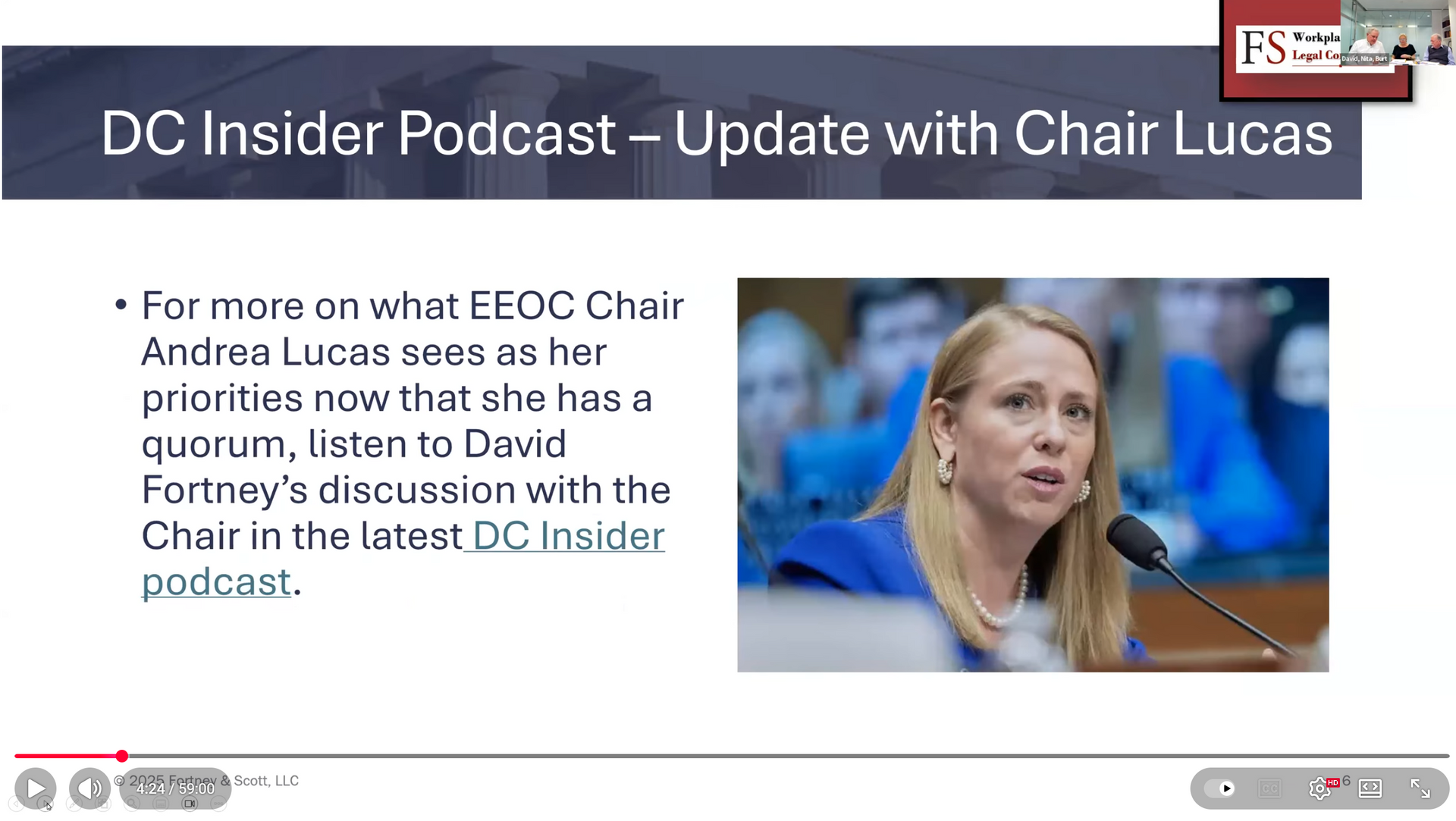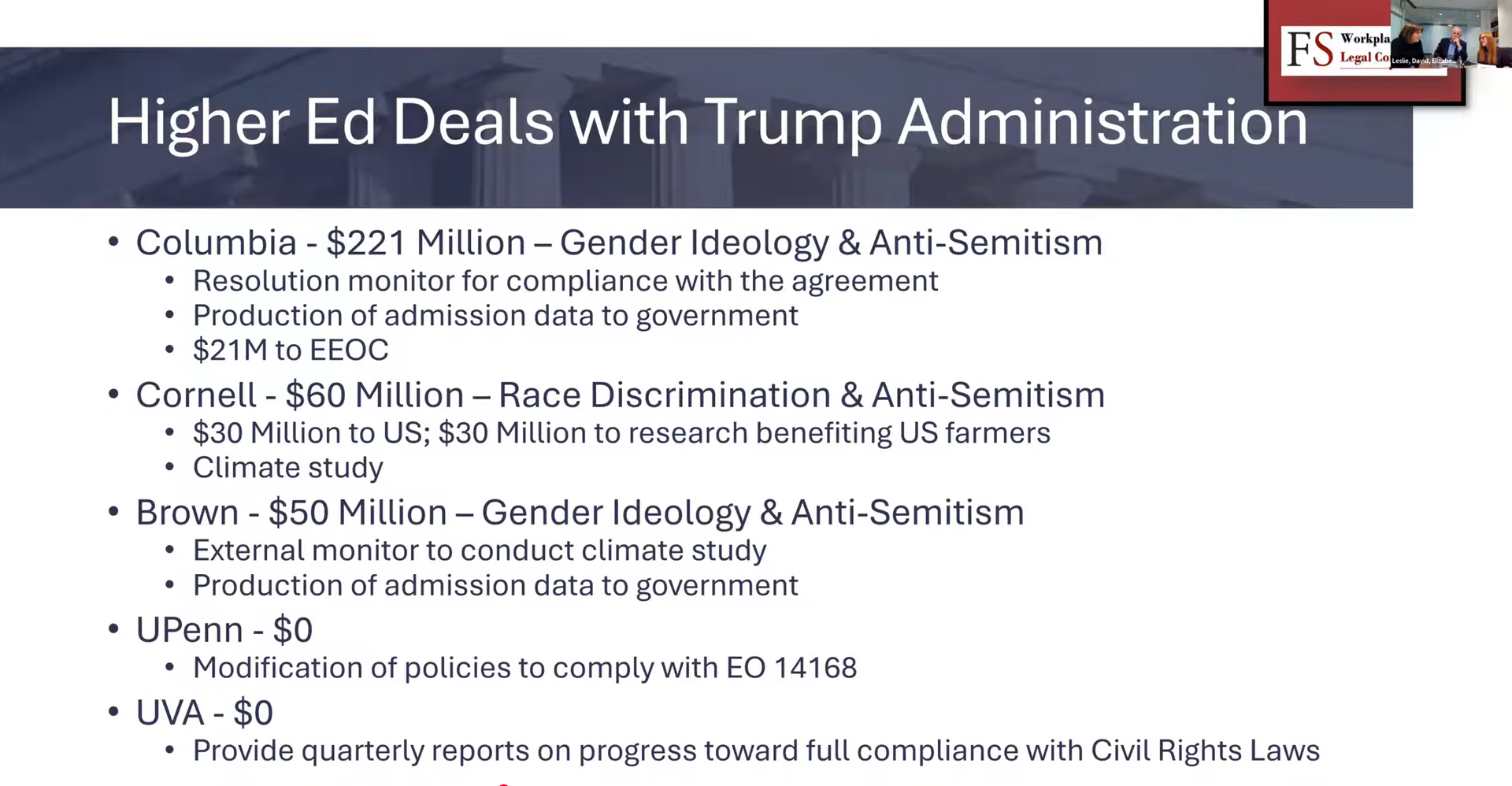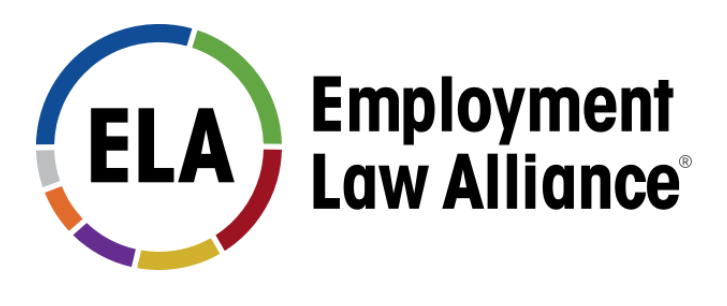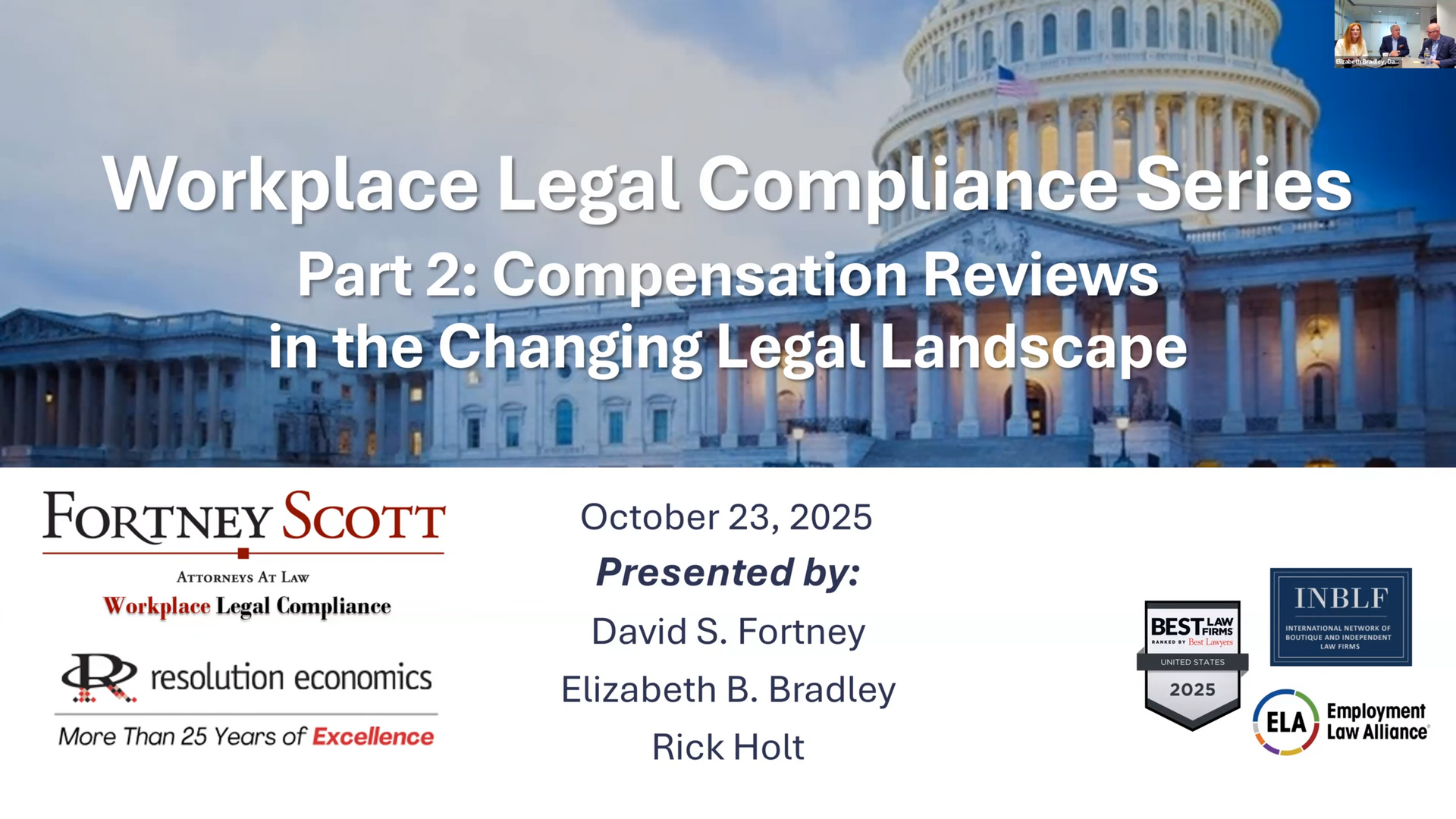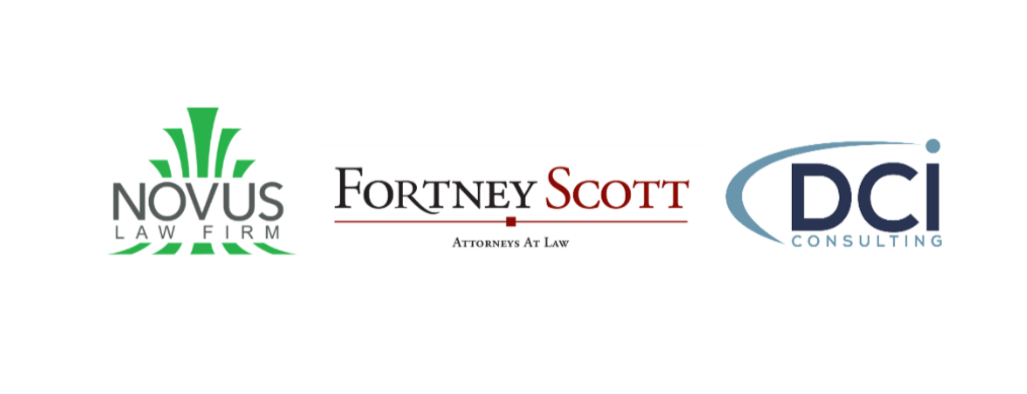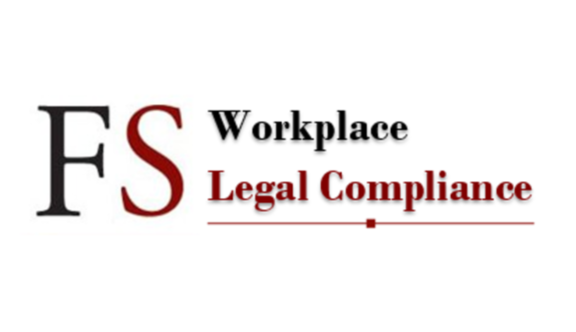Supreme Court Rules to Expand Religious Accommodation Obligations
Overview
The US Supreme Court unanimously ruled in Groff v. DeJoy on June 29, 2023 that employers who deny a religious accommodation under Title VII must show that the burden of granting an accommodation would result in substantially increased costs in the conduct of its particular business. While not overturning its 1977 Trans World Airlines v. Hardison decision, the Court rejected its de minimis standard for determining whether a requested religious accommodation was an undue hardship under Title VII.
Background
Gerald Groff, a USPS employee, sued the Post Office after he was fired for missing work on Sunday more than two dozen times between March 2017 and May 2018. He claimed he told USPS that he could not work on Sundays because he wanted to attend church. However, the post office was contractually obligated to deliver Amazon packages on Sunday and could not always find other employees to trade shifts with him. Groff’s supervisor suggested alternatives to missing work entirely including working after church services or taking a full day off during the week to observe the Sabbath. The Third Circuit Court of Appeals upheld the district court’s grant of summary judgment to the post office, finding that the religious accommodation Groff was seeking was more than a “de minimis” burden on the employer and therefore was an “undue hardship” under the Supreme Court’s 1977 Trans World Airlines Inc. v. Hardison.
Opinion
In the unanimous opinion authored by Justice Samuel Alito and to which Justices Sotomayor and Jackson concurred, the Court reversed and remanded the Third Circuit’s decision which relied on the de minimis standard to determine whether a religious accommodation was unduly burdensome. However, the Court did not overturn Trans World Airlines v. Hardison saying the lower courts had taken the Hardison de minimis standard as “the authoritative interpretation of the statutory term “undue hardship” and that “it is doubtful that it was meant to take that large role.” Judge Alito cited Title VII’s statutory language as requiring an employer denying a religious accommodation to show that the burden of granting the accommodation it “would result in substantial increased costs in relation to the conduct of its particular business.”
The Court rejected Groff’s argument that “undue hardship” should be interpreted as “significant difficulty or expense” as that standard is used in the Americans with Disabilities Act as well as the federal government’s argument that Hardison should be clarified to reflect how lower courts and the EEOC had applied it.
The Court in vacating the decision for USPS stated that they “think it’s appropriate to leave it to the lower courts to apply our clarified context-specific standard and decide whether any further factual development is needed.”
Impact for Employers
This decision increases the burden on employers to prove why granting a religious accommodation would be an “undue hardship.” Although the standard is less than that for the ADA, it is substantially more than the previous
de minimis standard. As the Court was reinterpreting a prior decision, the new standard applies to any pending religious accommodation cases.


